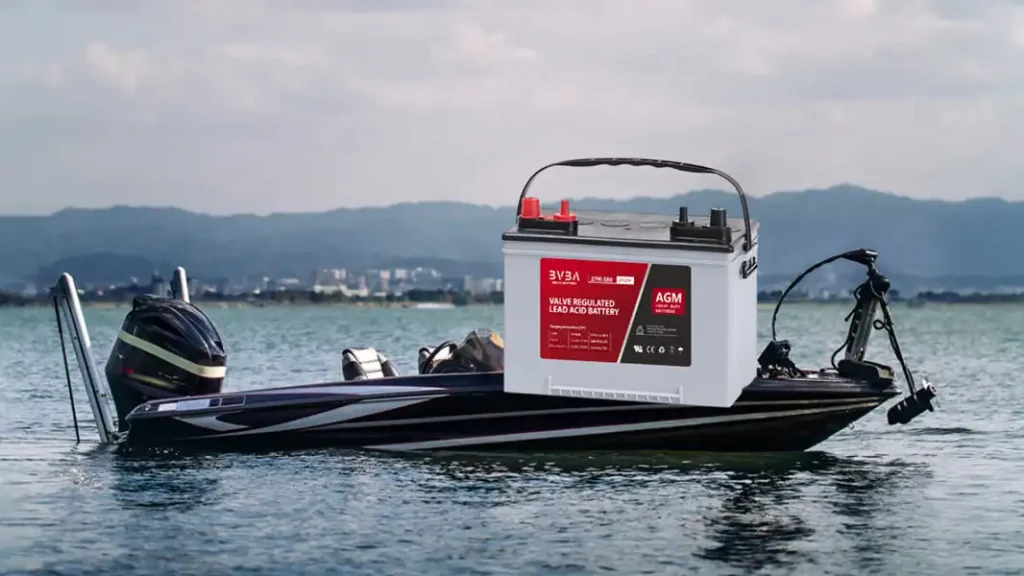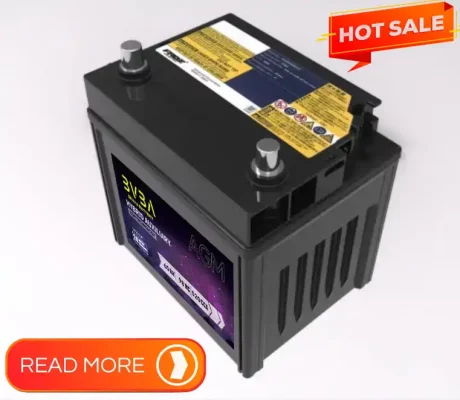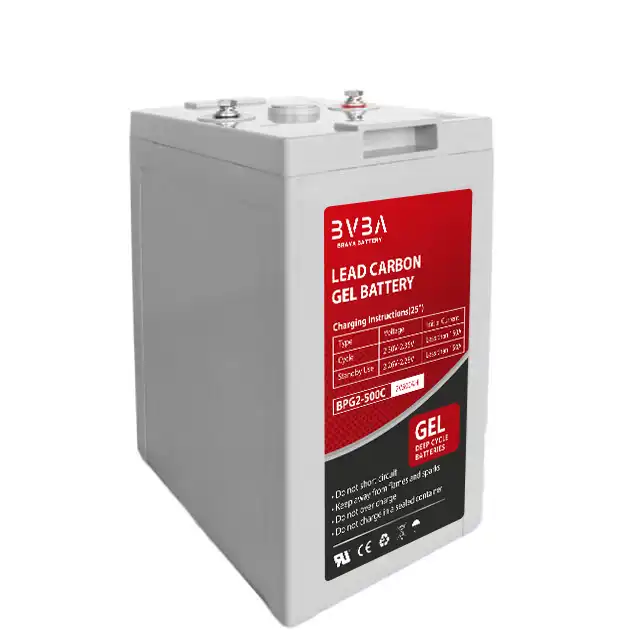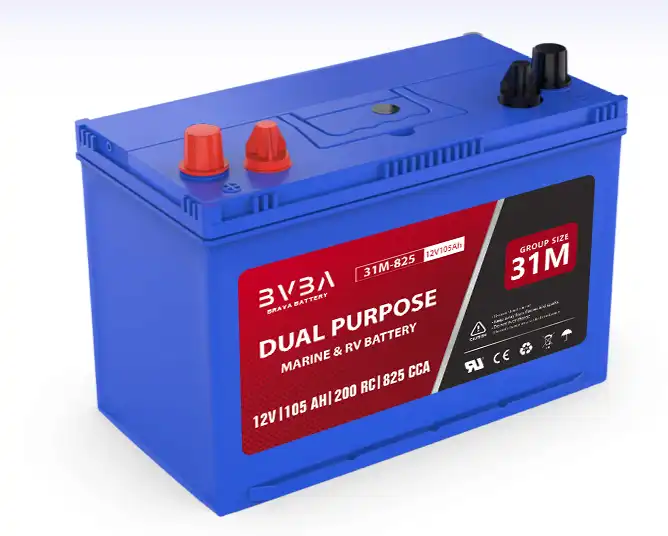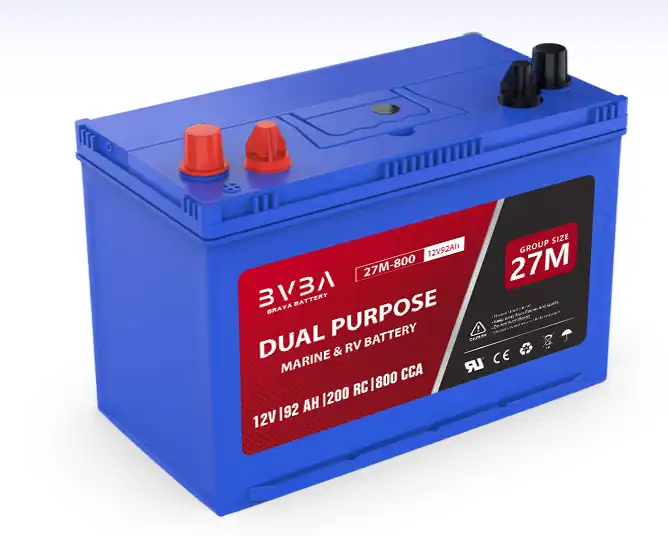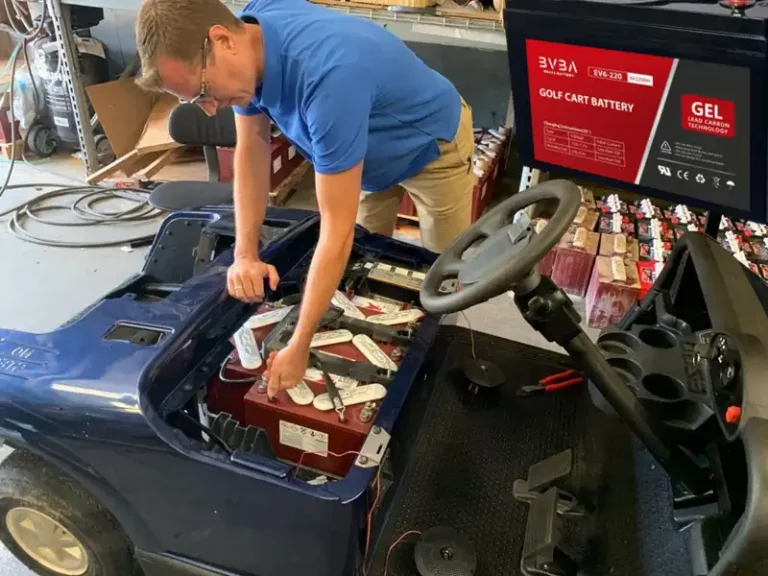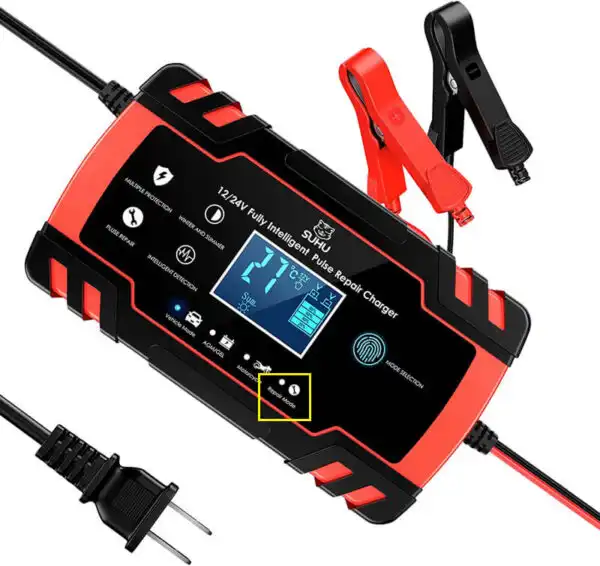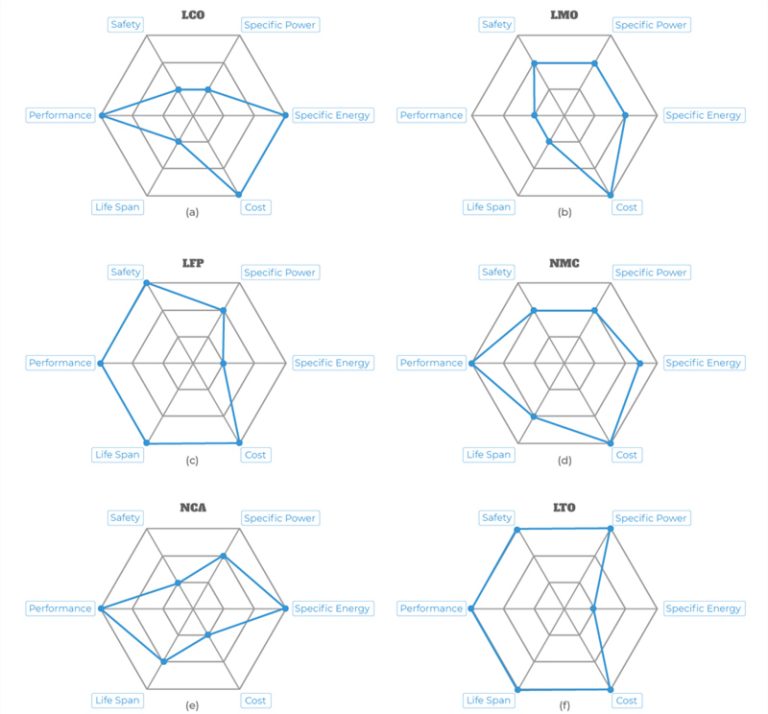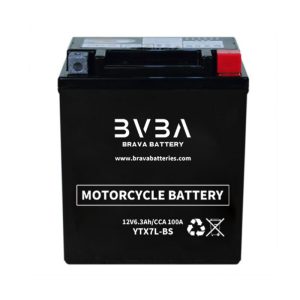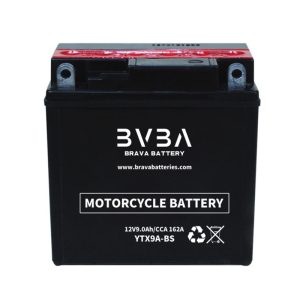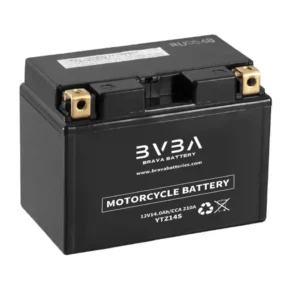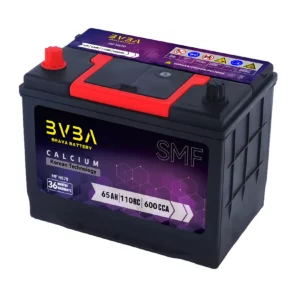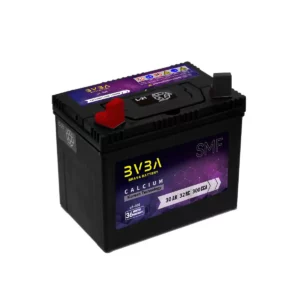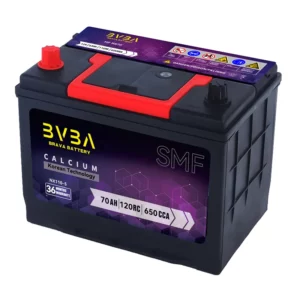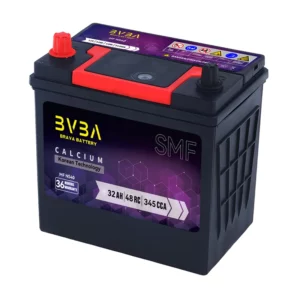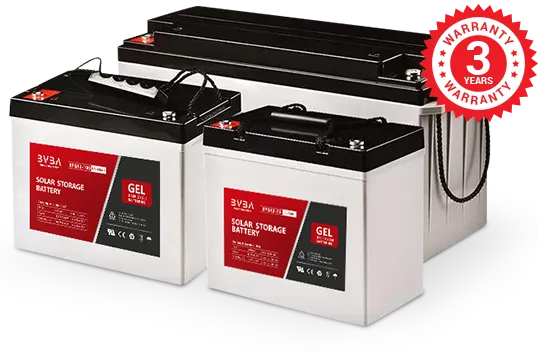What is a dual-purpose marine battery?
As the name suggests, dual-purpose marine battery offer the abilities of both major kinds of batteries all in one unit. Rather than having a starting battery and a deep-cycle battery, dual-purpose batteries can handle both jobs at the same time. Boats with less room for larger or more numerous batteries can benefit from having a dual-purpose marine battery instead.
Depending on the battery’s construction and materials, you might find that they don’t perform as well as batteries with a more specific purpose in mind.
A dual-purpose marine battery provides enough power to start the engine and turn it over, while also providing enough energy to keep your trolling motor running consistently. As the name implies, dual-purpose batteries can be used for both purposes.
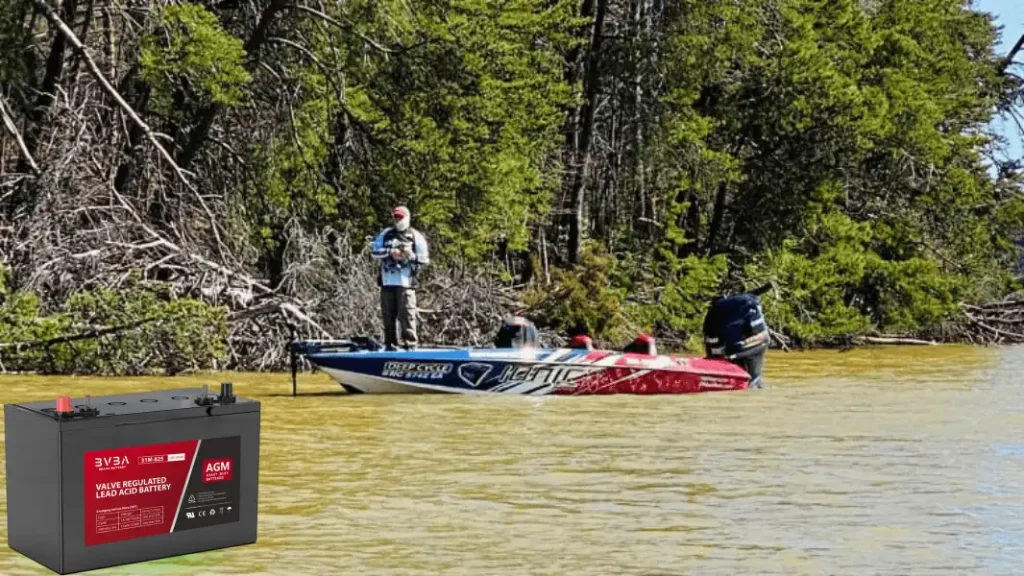
How to choose the right dual-purpose marine battery
Do you require a battery only for starting the boat or also for running the various power-hungry electronics onboard? Or perhaps both. According to the demand of usage, basically there are three types of marine batteries:
Other basic considerations before purchasing a new battery are:
- battery capacity (Ah rating)
- battery group, i. e. battery’s physical size (make sure the battery perfectly fits in the battery box)
- weight (choose the battery with average weight to be able to move it in and out)
- output (marine cranking amp rating, reserve capacity rating, cold cranking amp rating)
- technology (flooded, gel, AGM, lithium-ion; gel and AGM are maintenance-free sealed batteries)
- warranty
Check your owner’s manual for the recommended battery types and ratings. Substituting the recommended battery type for the other is generally not a good idea. Always choose along with the rating equal to or greater than the recommended value.
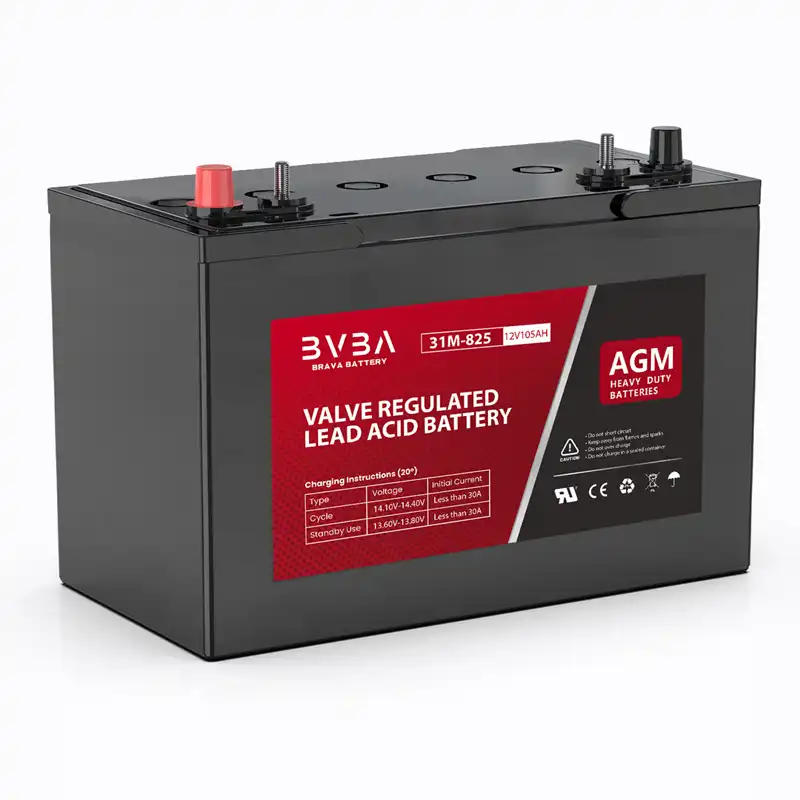
What are the Three Types of Marine Batteries?
There are three basic types of marine batteries outlined below:
Starter Batteries (also known as cranking batteries) – Designed to deliver short bursts of power needed to start your inboard or outboard engine. They are similar in function to car batteries.
Deep Cycle Batteries – Manufactured to provide a continuous source of power over a longer period of time. They are used to power marine applications like trolling motors, depth finders and sonar.
Dual Purpose Batteries – Function as a starting and deep cycle battery in one. They offer the initial burst of power needed to start an engine, together with the cycling power required to operate your accessories.
Which Battery Is Right for You?
Choosing a battery doesn’t have to be a majorly difficult decision, but there are a few things to keep in mind. Chief among these is which of these batteries is more practical for your boat in terms of space and overall usage. A tiny fishing boat that doesn’t need to run constantly doesn’t need both a starting battery and a deep-cycle battery onboard to slow it down. In contrast, running a trolling motor or a bunch of electronics on your boat using only a dual-purpose battery might drain you faster than you’re comfortable with.
You may also want to consider how often you plan on recharging your battery. A deep-cycle battery can handle more frequent charges but might be overkill if you only use your boat infrequently and don’t need it to constantly be ready to go.
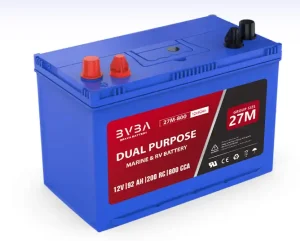 |
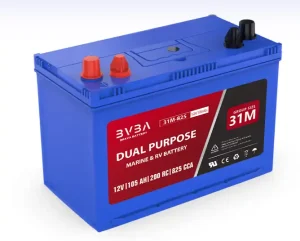 |
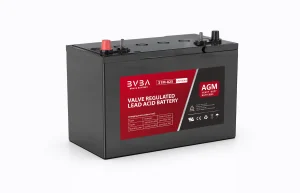 |
Advantages Of A Dual-Purpose Marine Battery
More Space
Space on a boat is as valuable as a glass of milk with a chocolate-chip cookie. Many boaters opt for a dual-purpose marine battery setup when they have limited room on board.
Less Weight
Need to cut back on your weight a bit? No, that’s not a jab at your waistline! A dual-purpose marine battery is a great weight solution. You can reduce your boat’s weight by using less batteries.
Less Money
Buying one dual-purpose battery covers the work of two batteries. So it’s basically two for the price of one, roughly speaking.
On the other hand, dual-purpose batteries give you the freedom to only need one kind of battery hooked up at a time, as opposed to deep-cycle batteries that also require a starting battery onboard. If you have a smaller boat that doesn’t take up a ton of space, dual-purpose batteries are even better because they help you save valuable space onboard, as well as cut down on overall weight.
If you don’t want to have to worry about setting up two different kinds of batteries just to get out on the water, dual-purpose batteries make it easy on you. While dual-purpose marine batteries can’t handle quite as many discharge and recharge cycles as a comparable deep-cycle battery, they also provide the functions of a starting battery which makes up for the slightly fewer cycles you can get from them.
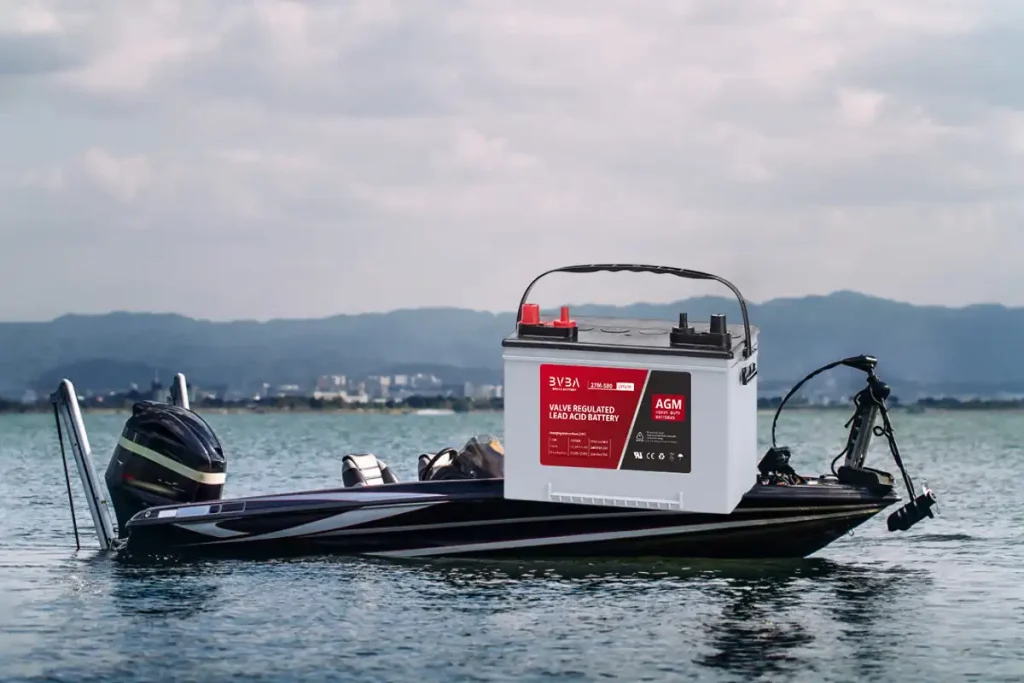
How To Charge Marine Batteries
When comparing lithium marine batteries to lead-acid, lithium batteries can charge at a much higher current and they charge more efficiently. This means they can be charged faster. Lithium batteries have other advantages and do not need to be charged if they are partially discharged. Unlike lead-acid batteries, which when left in a partial state of charge will sulfate, drastically reducing performance and life.
We recommend using a multi-bank charger so that each 12V battery can be charged separately to ensure they stay balanced and get fully charged. Ideally, use a charger with a lithium charge profile, however, most AGM charge profiles will work just fine.
LiFePO4 marine batteries can also be charged with most alternators. Depending on the quality of the alternator, it should work with LiFePO4 batteries. Low-quality alternators with poor voltage regulation can cause the BMS to disconnect LiFePO4 batteries. If the BMS disconnects the batteries, the alternator could be damaged. To protect your LiFePO4 battery and alternator please be sure to use a compatible high-quality alternator or install a voltage regulator.
Ultimately, when you’re looking to purchase your first set of batteries or upgrade from lead-acid, it’s best to understand what you need based on your setup and power requirements. If you are ready to upgrade your boat to lithium batteries, check out our selection of lithium marine batteries.
Tags: Marine Batteries Dual Purpose Marine Batteries Marine Batteries Factory Dual purpose Marine Batteries Factory

